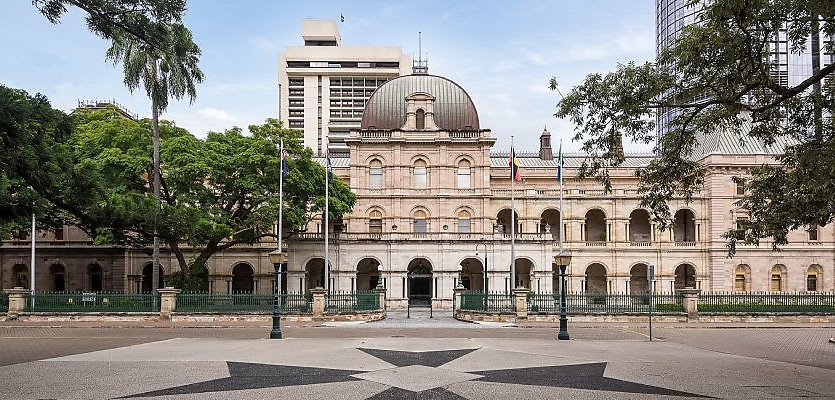The Queensland government has made permanent a slew of temporary measures it introduced at the start of the COVID-19 pandemic, most notably broadening the scope for how technology can be used to witness and sign documents.
The bill, which passed through Parliament on 18 November, was welcomed by the state’s Attorney-General and Minister for Justice, Shannon Fentiman, who noted the reforms were set to make a particular impact on the real estate industry.
“Common tasks such as buying or selling your home will be so much easier because of these new reforms,” Ms Fentiman said.
The law applies to documents such as affidavits, statutory declarations, deeds and particular mortgages, allowing the use of e-signatures and video link technology to make them legally binding.
Not all documents fall under the new legislation; for example, general powers of attorney for individuals must still be executed on paper and witnessed in person.
The Attorney-General noted that the government had ensured appropriate safeguards were included in the legislation to minimise new risks introduced by the use of technology.
Such risks had long deterred governments from changing the way legal forms were executed, but Ms Fentiman said that the pandemic had shown it was time to adapt.
“Last year, the Palaszczuk government was swift to respond and introduced a range of temporary measures such as allowing restaurants and cafes to provide takeaway liquor and allowing witnessing and signing of important documents electronically and by video link.
“By implementing these permanent measures, we are making everyday tasks easier for Queenslanders. It’s 2021, and it’s time we modernise our longstanding practices to embrace technology,” she said.
The legislation also contains significant reforms to the Domestic and Family Violence Protection Act 2012 and the Domestic and Family Violence Protection Rules 2014 to adopt technology to allow greater flexibility in domestic and family violence proceedings.
In these cases, magistrates now have the discretion to conduct all or part of proceedings by audio-visual link or audio link.
Additionally, the law also allows licensed restaurant operators to apply for a permanent licence to sell wine with takeaway food orders.
ABOUT THE AUTHOR
Juliet Helmke
Based in Sydney, Juliet Helmke has a broad range of reporting and editorial experience across the areas of business, technology, entertainment and the arts. She was formerly Senior Editor at The New York Observer.







You are not authorised to post comments.
Comments will undergo moderation before they get published.